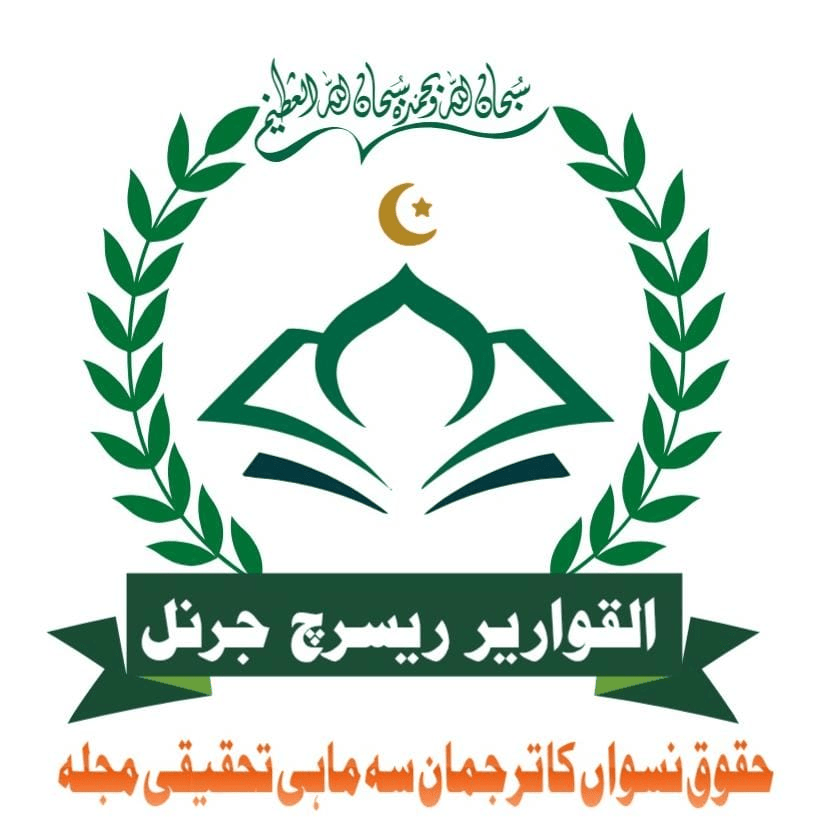بلوچستان میں پشتون معاشرے کی ثقافتی ساخت اور خواتین کے سماجی مقام کا تنقیدی مطالعہ
A Critical Study of the Cultural Structure of Pashtun Society in Balochistan and the Social Status of Women
DOI:
https://doi.org/10.1000/05m0xs72Keywords:
Pashtun society, women’s rights, cultural traditions, Balochistan, gender rolesAbstract
This research presents a critical analysis of the social life of women in Pashtun society in Balochistan, a culturally conservative and tribally structured ethnic group residing in Pakistan and Afghanistan. Pashtun women navigate a complex intersection of gender, tradition, religious norms, and emerging modern influences. This study investigates the socio-cultural dynamics that shape women's roles, examining elements such as family structure, marriage customs, education, inheritance rights, mobility, employment, and participation in political and communal life. Utilizing qualitative methodologies—including in-depth interviews, participant observations, and cultural narrative analysis—the study sheds light on how traditional values such as purdah, ghairat (honor), and the jirgah system impact women's autonomy and societal roles. While urbanization, education, and digital connectivity are contributing to progressive shifts in the lives of some Pashtun women, particularly in semi-urban areas, patriarchal dominance and cultural rigidity remain deeply entrenched, especially in rural and tribal regions. A key finding of this research is the significant gap between Islamic teachings—granting women dignity, rights, and active societal participation—and local customs that often suppress these rights. The study concludes with policy recommendations aimed at empowering Pashtun women by harmonizing traditional values with faith-based modern interpretations that uphold both cultural identity and gender justice.
Downloads
Downloads
Published
Issue
Section
License

This work is licensed under a Creative Commons Attribution-NonCommercial-NoDerivatives 4.0 International License.




